Why Are Fancy Cut Diamonds Cheaper Than Round Brilliants?
I’ve recently received a question from a reader who asked: “Why are fancy cut diamonds so much cheaper than the round diamonds? I started doing some research and found that round cut diamond prices could be twice as expensive compared to fancy shapes like the pear or oval. Can you shed some light here?”
In this blog post, I’m going to explain why the prices of fancy shaped diamonds are much lower than round diamonds and reveal 1 simple tip that will help you save money when shopping for an engagement ring.
Let’s dive in…
Reason #1: The Yield of Rough Stone
In the upstream manufacturing processes of the industry, the yield of the rough diamond has a direct correlation to profitability. This is because carat weight is the primary attribute that determines the value of a polished diamond and how much they can sell for.
Here’s a very simplistic diagram that explains what happens during polishing.
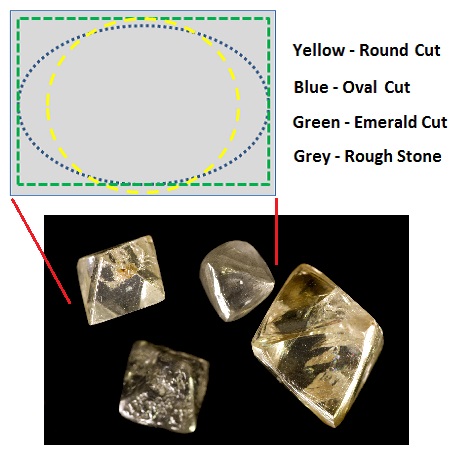
Round brilliant cut diamonds are most expensive per carat because they require the removal of the most amount of material from the rough and require specialized labor. On the other hand, an oval or emerald cut diamond makes better use of the rough as less material is required to be removed.
To give you some perspective, every 0.01 carat of wastage equates to money being lost and for a manufacturer who handles a large volume, this can quickly snowball into huge sums of money.
Reason #2: Cheaper Rough Stones Are Used For Fancy Shapes
In nature, the majority of rough diamonds that are mined would contain inclusions and they come in all sorts of different shapes imaginable.
Sometimes, a piece of rough might have inclusions that get in the way of using the rough efficiently. And sometimes, the shape of the rough makes them extremely difficult to work with. As a result, these lower quality roughs would sell for a lower price.
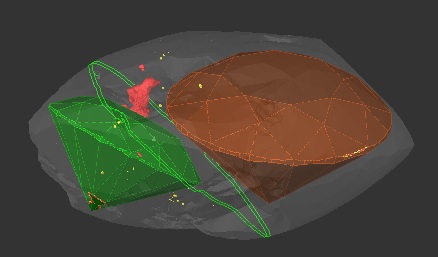
Planning a rough diamond using computer scans and simulations.
At the end of the day, you need to understand that lower quality roughs will still be purchased by cutters. Very often, these stones will be cut and manipulated in a way that removes most severe inclusions during polishing.
For example, the rough crystals used for heart shaped diamonds usually have a severe inclusion found in the area between the clefts. On the contrary, trying to cut an emerald shape diamond from the same rough would result in clarity issues.
Planning the shape of a polished diamond involves logical and calculated decisions. These decisions are made based on the outline of the rough (for better yield) and to achieve a diamond that will receive a higher clarity rating.
This ultimately “increases” the value of the stone and makes it easier to sell as opposed to having a diamond with eye-visible inclusions in it.
Types of Diamond Cuts and Price Comparisons
To show how shape affects price, I’ve made a simple chart that depicts the price per carat for the various shapes to give you an idea of how they compare against each other.
For the purpose of this comparison, I’ve selected diamonds with similar 4Cs; 1 carat, G color, VS2 clarity and the best cut quality possible for the shape.
 |
Round | $7871 | See Diamonds |
 |
Oval | $4412 | See Diamonds |
 |
Princess | $4227 | See Diamonds |
 |
Cushion | $3702 | See Diamonds |
 |
Pear | $4708 | See Diamonds |
 |
Emerald | $3852 | See Diamonds |
| Marquise | $5100 | See Diamonds | |
 |
Radiant | $3929 | See Diamonds |
 |
Heart | $4507 | See Diamonds |
 |
Asscher | $4250 | See Diamonds |
So, if you are wondering what is the cheapest diamond cut, you can probably see that it is the cushion. From the price comparisons above, the most expensive diamond cut is the round brilliant and it can cost up to twice the amount of a fancy shape diamond.
The bottom line is, fancy shaped diamonds conserve more weight when they are cut and the lower costs incurred during the manufacturing process are passed on to you.
1 Simple Tip to Save Money On Your Engagement Ring Purchase
As you already know, buying a fancy cut diamond can help reduce the cost of your engagement ring since it costs less per carat. Here, I want to share a simple and practical tip that will save you even more money.
One of the most common mistakes that first-time shoppers make is to assume higher color or clarity ratings will equate to a more beautiful diamond. The truth is far from that.
The fact is, most people cannot discern the differences between a G VS2 and a D IF diamond even if they are placed side by side. However, the price differences between them are astronomical.
A G color is icy white in the face up view and both VS2 and IF clarity are eyeclean.
As you can see, the cost of a D/IF is a whopping 100% MORE than the G/VS2 diamond. And yet, both will look identical in real life. Simply by being practical and shopping smart, you can save a substantial amount of money.
Related Articles
Leave A Comment

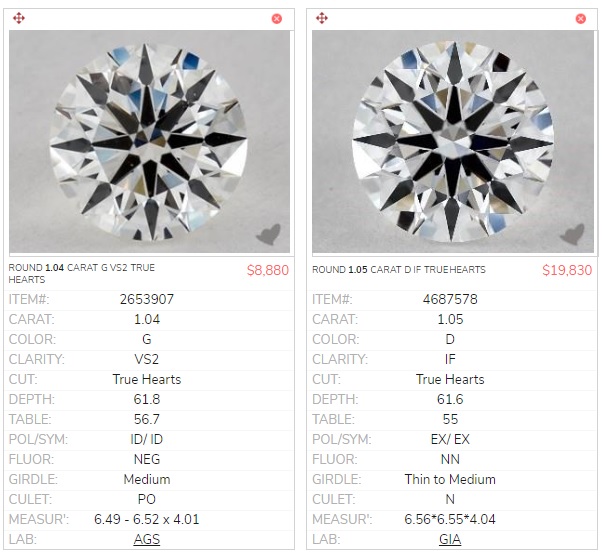
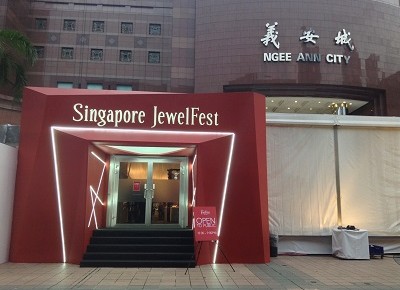
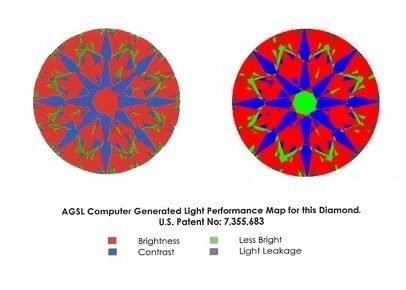
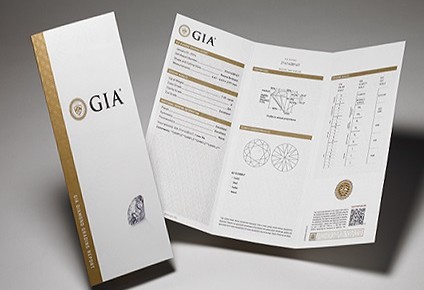
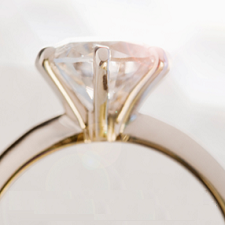




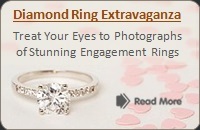
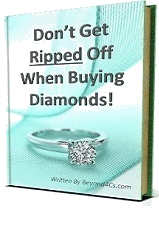

6 Comments
I am having an heirloom 4.61 carot diamond recut. It’s an old European Cut in maybe M color but has 2 broken spots on the edge where it broke getting it out of a Mason ring.
I would VERY much like your opinion on a cut YOU personally recommend. I get one shot at this. Plus it was my Mom’s. I want a pretty memento. I’m getting strong encouragement that the Star 129 would be wonderful.
I have read that the larger diamonds will be benefited by the more scintillating cut. Does this cut diminish the fire in a diamond? It was hard to tell in the videos.
I would appreciate your top picks, and your favorite, unless the particulars of my diamond would have you recommend otherwise.
One last item. I need a setting for my diamond. Do you sell them without the center stone?
Many thanks,
Cheri
This webpage contains some information about the Star 129: https://beyond4cs.com/shapes/round/solasfera-vs-star-129/
Ultimately, what you choose to do with the diamond is really up to your own preference and you can find some information about re-cutting diamonds here: https://beyond4cs.com/cut/repolishing-damaged-diamonds/is-it-worth-it/
Lastly, I don’t sell settings. Sorry! You might be interested in looking at designs here :http://www.briangavindiamonds.com
I am looking at some round diamonds with similar characteristics of color/clarity/carat weight. However, one of them cost about 20% more and the jeweler said this is due to differences in cut quality. Is this true?
Here’s a comparison I’ve performed recently for another reader using D VS1 diamonds.
If you are observant, you would realize that there is about a 10% difference in price between the 2 round cut diamonds. One of them has hearts and arrows patterning and the other doesn’t. In order to achieve the tighter proportions and placements of individual facets, more rough is removed and the price is reflective of that.
Thank you for the indepth explanations on how does diamond shape affect its price. I have one question to clarify. Why are cushion cut diamonds cheaper than princess cut diamonds given that it seem to make better use of the rough diamond?
Cushion cut diamonds are cheaper than princess cut diamonds for the reasons I stated above and also due to demand.